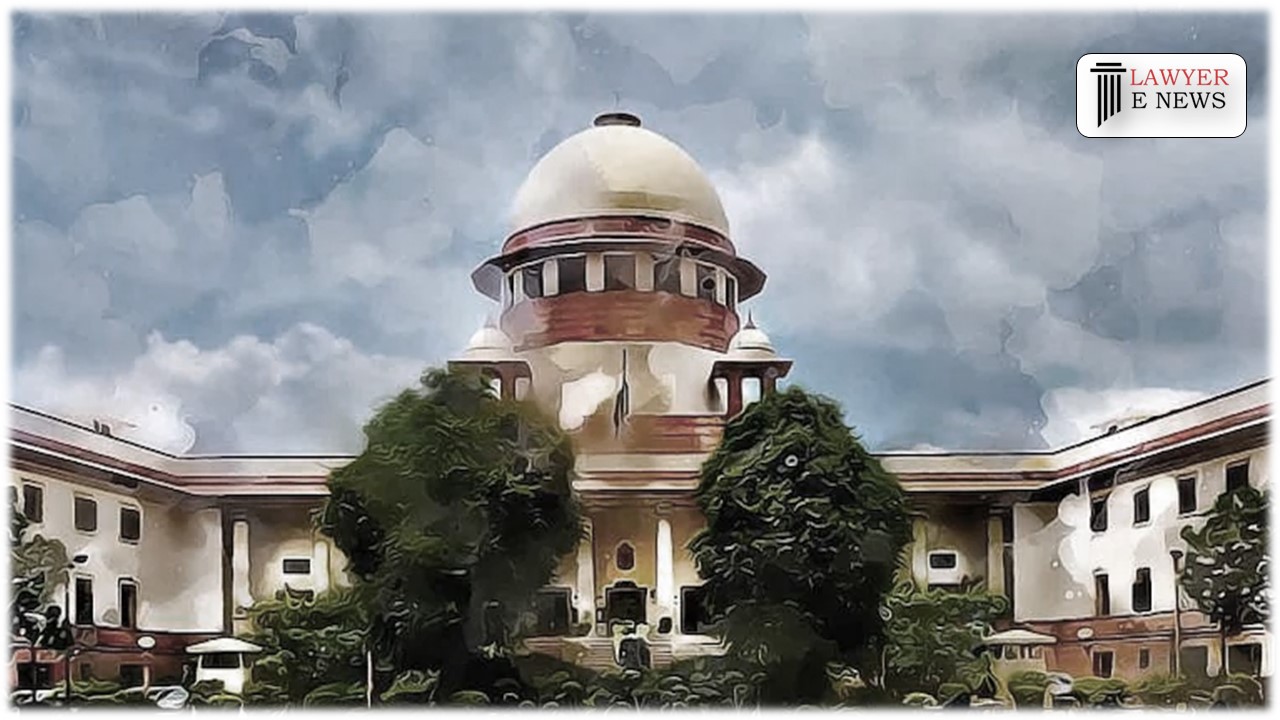-
by sayum
14 February 2026 2:22 PM



On May 19, 2023, In a significant decision, the Supreme Court of India has accepted the recommendations made by the Commission for the revision of pension and retirement benefits for judicial officers. The bench, comprising Chief Justice of India Dr Dhananjaya Y Chandrachud, Justice V. Ramasubramanian, and Justice Pamidighantam Sri Narasimha, issued the verdict on May 19, 2023.
The judgment primarily focuses on various aspects related to pension, family pension, gratuity, and financial assistance in case of death for judicial officers. The Court emphasized the need for uniformity and parity in the pension and retirement benefits across different jurisdictions. The key highlights of the judgment are as follows:
No Change in Percentage of Pension: The Court upheld the current percentage of pension, fixed at 50% of the last drawn pay for pension and 30% for family pension, for retirees on or after January 1, 2016 (Para 86).
Revised Pension: The Court accepted the recommendation that the revised pension for retired judicial officers should be 50% of the last drawn pay of the post held at the time of retirement (Para 87).
Multiplier and Fitment of Pensioners in Pay Matrix: The Court endorsed the application of a multiplier of 2.81 to pensioners and the fitting of pensioners into the pay matrix, ensuring parity among judicial officers who retired at the same level but under different pay scales (Para 88-90).
Consequential Re-fixation of Judicial Officers: The Court directed the states to extend the benefits of re-fixation of pension to those judicial officers who retired before January 1, 1996, if it has not already been done (Para 91-92).
Benefit of Years of Practice at the Bar: The Court accepted the recommendation to consider the number of years of practice at the Bar, subject to a maximum weightage of ten years, while calculating pension and other retiral benefits for direct recruits of Higher Judicial Services (Para 93).
Family Pension: The Court upheld the existing percentage of family pension at 30% of the last drawn pay and recommended the payment of family pension to eligible family members after the death of the spouse (Para 94-95).
Additional Quantum of Pension/Family Pension: The Court accepted the recommendation for the payment of an additional quantum of pension from the age of 75 years onwards, with the possibility for states to continue providing the benefit up to the age of 75 years (Para 98-102).
Gratuity: The Court directed the calculation of gratuity on par with the Central Civil Services (Pension) Rules, 1972, with a maximum limit of Rs. 20 lakhs, subject to an increase of 25% whenever DA rises by 50% (Para 103-104).
Retirement Age: The Court did not recommend any change in the retirement age of judicial officers, which remains at 60 years (Para 107).
Financial Assistance in Case of Death: The Court accepted the recommendation for the payment of family pension and death cum retirement gratuity to the spouse/dependent of a deceased judicial officer (Para 108).
The Court directed the concerned authorities, including the High Courts and states, to implement the necessary amendments in the Service Rules within three months. Compliance affidavits regarding the clearance of arrears of pay and the revised rates of pension must be filed within four months. The revised rates of pension will be payable from July 1, 2023, and the payment of arrears will be completed in three installments by December 31, 2023.
Date of Decision: May 19, 2023
All India Judges Association vs Union of India & Ors.
